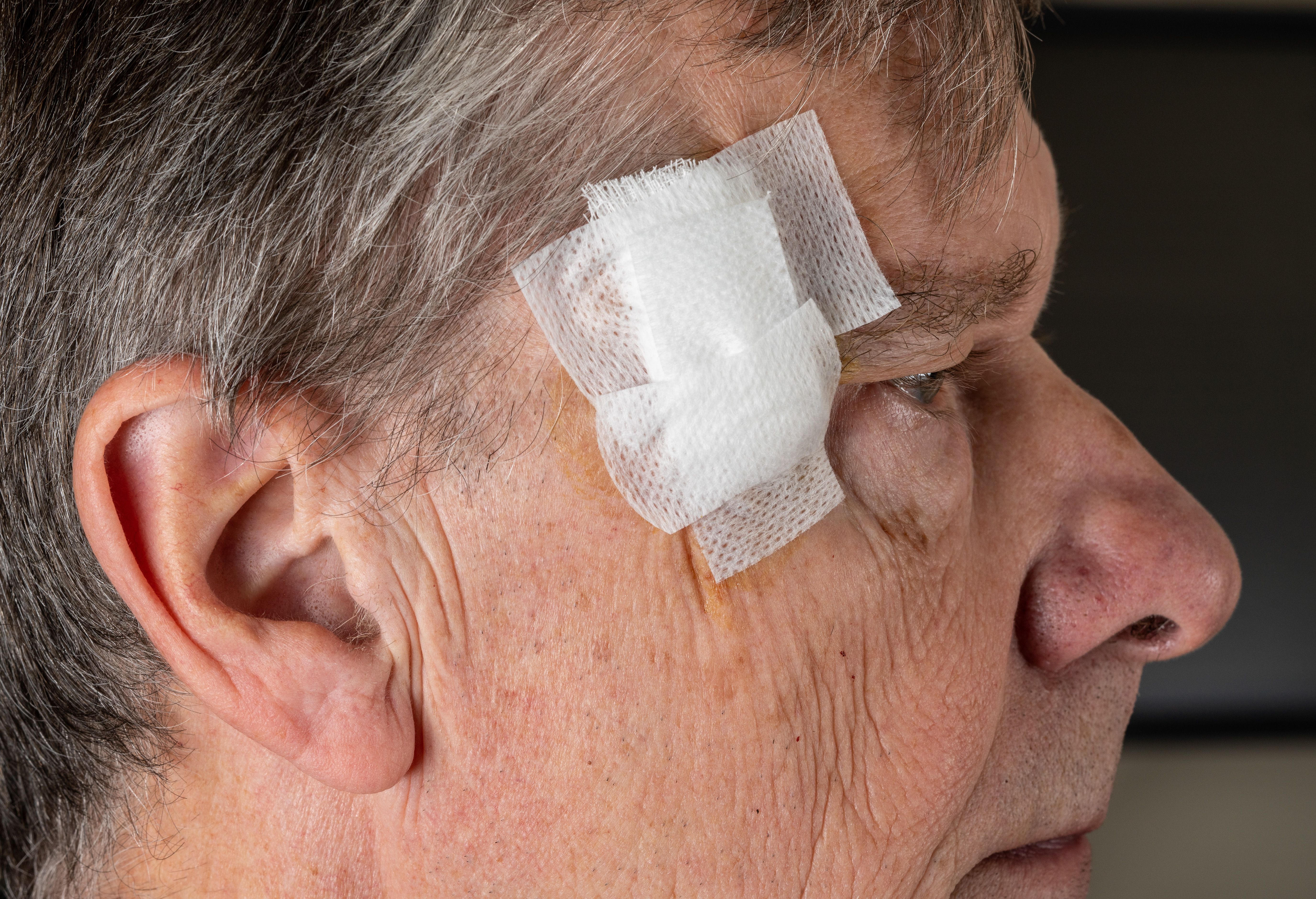- Case-Based Roundtable
- General Dermatology
- Eczema
- Chronic Hand Eczema
- Alopecia
- Aesthetics
- Vitiligo
- COVID-19
- Actinic Keratosis
- Precision Medicine and Biologics
- Rare Disease
- Wound Care
- Rosacea
- Psoriasis
- Psoriatic Arthritis
- Atopic Dermatitis
- Melasma
- NP and PA
- Skin Cancer
- Hidradenitis Suppurativa
- Drug Watch
- Pigmentary Disorders
- Acne
- Pediatric Dermatology
- Practice Management
- Prurigo Nodularis
- Buy-and-Bill
Video
Immune Checkpoint Inhibitors Utilized in BCC
Sherrif F. Ibrahim, MD, PhD, and Vishal Patel, MD, FAAD, FACMS, discuss the impact of immune checkpoint inhibitors used in BCC.
Sherrif F. Ibrahim, MD, PhD: More recently, we’ve seen a new class of therapeutic, immune checkpoint inhibitors. More specifically, we’ve seen 1 agent, cemiplimab, which is a PD-1 inhibitor that also has an indication for the treatment of locally advanced basal cell carcinoma in patients who have either failed hedgehog signaling pathway therapy or in whom hedgehog therapy might not be appropriate. It’s certainly exciting to see a whole new class of agents become available for our use. Can you talk about how that might fit into your treatment of a patient once you’ve decided to put them on systemic treatment? Also talk about how it might fit in a situation where hedgehog therapy has either failed or they’ve had progression or intolerability. Are you starting to discuss this at your tumor board as well?
Vishal Patel, MD, FAAD, FACMS: In skin cancer, we have been excited about immune checkpoint therapy, specifically the PD-1 inhibitor pathway. It has been exciting to see that for melanoma initially and then Merkel cell carcinoma, squamous cell carcinoma, and now basal cell carcinoma, as you outlined. It’s interesting that the approval language is different in Europe than in the United States and Australia. But not to get bogged down into the weeds of that, I didn’t fully answer your first question about where this new treatment fits into our thought process for a patient. I should make it clear that, as you said, hedgehog inhibitors are still first-line treatment for locally advanced or metastatic tumors for patients who aren’t able to undergo surgery or have made the decision to not have surgery. It should be tried in patients unless they have contraindications.
The approval for immune checkpoint inhibitors has allowed some wiggle room for the patient and physician to have a discussion around what options they have. If there’s a reason that they’re unable to try that, there’s a consideration to move to an immune checkpoint inhibitor for treatment. But generally, in my thought process and for most of our colleagues, this is a second-line treatment for when hedgehog inhibitors aren’t working for any variety of reasons. Intolerability is most often one of them, if not the main one.
That’s important to recognize, because hedgehog inhibitors have impressive response rates: 70% overall response rates. And as you noted, these are diseases that are there for decades, so treatment with a high overall response rate for a slow-growing disease may be viable for most patients. But when it isn’t, we previously had nothing, and now we’re lucky to have something in our armamentarium to utilize. The treatment response rate is in the 20% to 30% range, depending on the exact cases, locally advanced or metastatic. But the approval is for locally advanced tumors, and we have utilized that with good response rate in a number of patients both on and off clinical trials.
Sherrif F. Ibrahim, MD, PhD: It’s also important to note that in the clinical trial, these are the worst of the worst. They’re the most resistant tumors.
Vishal Patel, MD, FAAD, FACMS: Correct.
Sherrif F. Ibrahim, MD, PhD: They’ve had surgery, multiple surgeries, radiation, and failed hedgehog inhibitor therapy, so it’s pretty remarkable.
Vishal Patel, MD, FAAD, FACMS: And sometimes chemotherapy.
Sherrif F. Ibrahim, MD, PhD: And sometimes chemotherapy. It’s remarkable to see. From a medical oncology standpoint, that’s considered a very nice, high response rate. Of course, there are safety considerations when we’re using any kind of immunotherapy and immune checkpoint inhibitors, which we know are autoimmune in nature. That’s a whole other conversation that we have to have with our patients. But for the most part, we know that these medications are very well tolerated. At that point, when we as practitioners have felt that the hedgehog inhibitor is no longer an ideal treatment for that patient, it’s nice to have an additional completely different category of medications and class of agents that we can use.
Transcript Edited for Clarity





